A dealing desk broker is a type of brokerage that sets up a market for its clients’ trades internally by acting as a counterparty to their trade instead of routing the order to external liquidity providers or the interbank market. In simpler terms, a dealing desk broker means you trade with the broker itself, not the outside market.
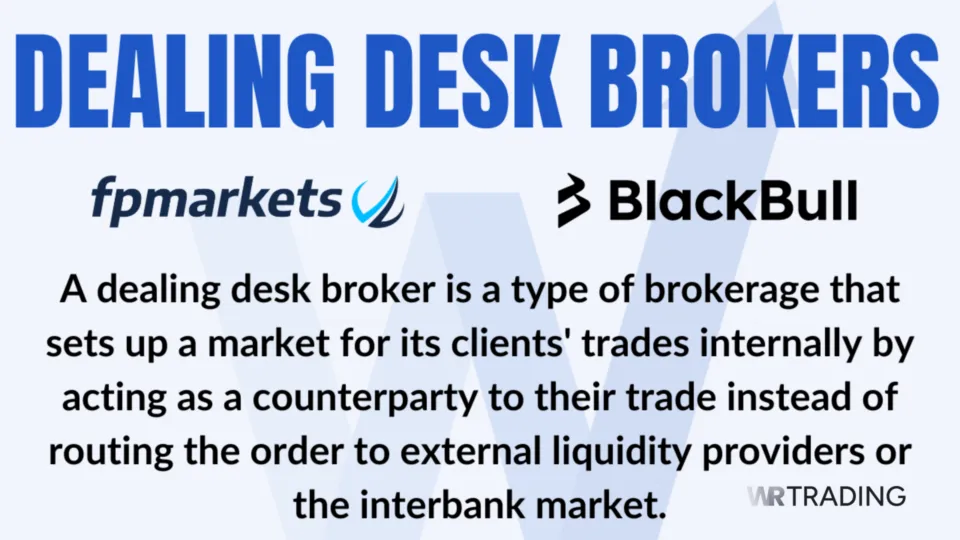
Key Facts About Dealing Desk Brokers
- Top-notch brokers usually have licenses from reputable bodies
- Several dealing desk brokers tend to prohibit scalping
- Dealing desk brokers generally allow 0.01 standard lot
- They typically have a physical office called the trading desk
- Dealing desk brokers purchase at lower prices and sell at higher prices, profiting from the spread
How Does a Dealing Desk Work?
A dealing desk broker works in three main stages, which are:
- Internal Matching of Traders’ Orders
- B Book Strategy
- The A Book Execution
1. Internal Matching of Traders’ Orders
When you execute trades with a dealing desk CFD broker, the company will determine whether it can match your order against an order from another trader that is opposite. Suppose you want to purchase GBP/USD, and another person wants to sell that pair. The dealing desk Forex broker would match the two traders.
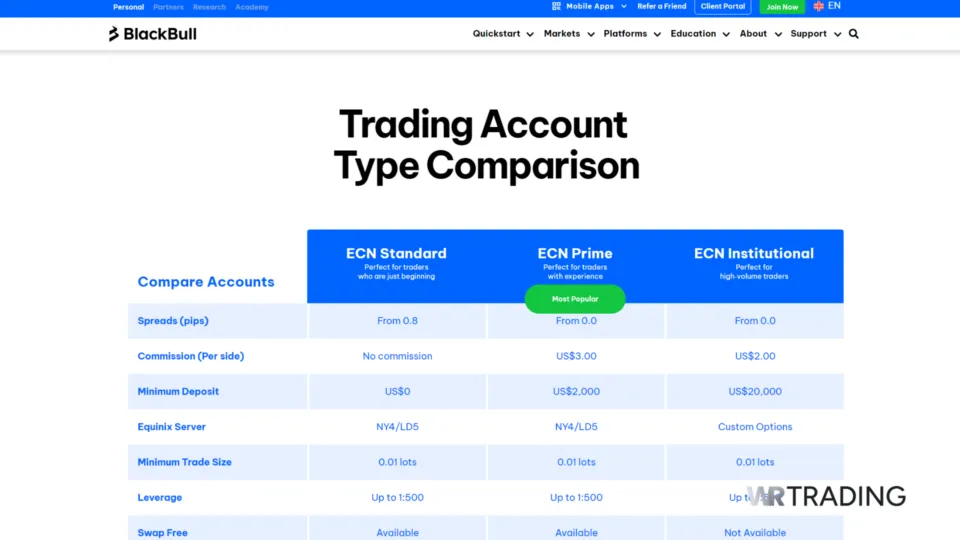
2. Taking the Opposite End of the Transaction (The B Book Strategy)
If the broker can’t find any opposing order to match your trade, it will take the opposing end of the trade, thereby taking its stake against you. If the trader sells, the broker buys, and vice versa.
3. Use of Banks or Prime Brokers (The A Book Execution)
If a trader’s order is large, a dealing desk CFD broker might not want to take the risk via internal matching or the B-book method. It may route the order to a prime broker or an interbank market.
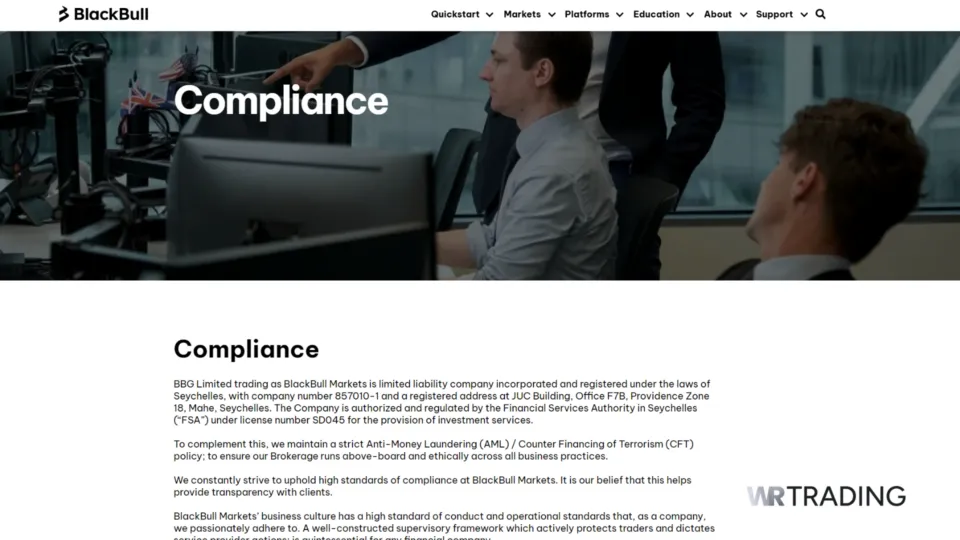
Pros and Cons of Dealing Desk Brokers
Dealing desk brokers have their advantages and disadvantages. Let us examine some of them.
Pros
- Fixed Spreads
- Access to Deep Liquidity
- Instant and Guaranteed Trade Execution
Cons
- Limited Transparency
- Conflict of Interest
Pros
The market-maker nature of dealing desk brokers comes with several advantages. Some of them are as follows.
Dealing desk brokers usually offer fixed spreads, irrespective of the market’s movement. Therefore, traders know the amount they will pay whenever they open or close a trade. This setup helps traders craft their trading strategies as needed. Fixed spreads are highly beneficial in volatile markets.
Dealing desk brokers usually have access to deep liquidity because they are a counterparty to any trade. Therefore, traders can benefit from quick market execution at competitive pricing.
Dealing desk brokers execute trades instantly because they don’t route them to external liquidity providers. This speed can benefit individuals who employ time-sensitive trading techniques, particularly during low-intensity trading seasons.
Cons
Dealing desk brokers have their weaknesses. Some of them include:
Dealing desk brokers may not be transparent about market conditions, making it difficult for brokers and investors to assess the actual state of the market.
A conflict of interest might occur since the broker acts as a counterparty to the trade. Dealing desk brokers usually make a profit whenever their clients lose money. Therefore, unregulated brokers have the potential to manipulate prices or widen the spreads, especially during highly volatile trading periods. These sorts of changes are detrimental to traders.
Examples of Good Dealing Desk Brokers
Here are some examples of reliable dealing desk brokers:
- XTB
- Tickmill
- Avatrade
- Etoro
- XM
- FXCM
Why You Should Avoid Dealing Desk Brokers
Here are some potential reasons you should avoid dealing with desk brokers:
1. Opposing Interest Between Yourself and the Broker
Since a dealing desk broker is a counterparty to your trade, they profit when you lose your trade. There is a potential for them to trigger stop losses or manipulate spreads to place you at a disadvantage.
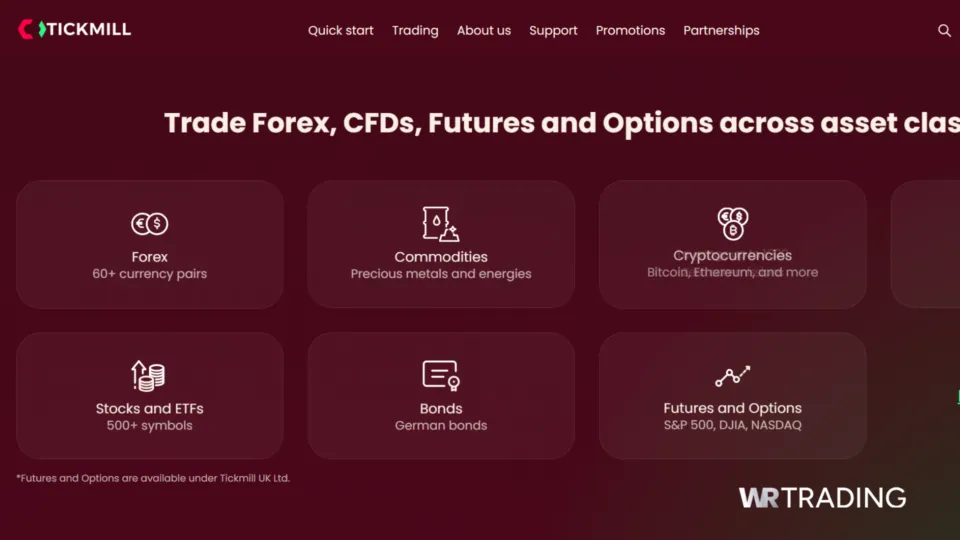
2. Potential for Slower Trade Executions
Market makers usually conduct CFD transactions from their desks, sometimes leading to slower trade execution. If you are trading a large volume, a dealing desk broker might place you at a disadvantage.
3. Manipulation of Prices
Some exploitative and unregulated dealing desk brokers might manipulate prices, causing artificial price spikes or requotes. If you prefer direct market access without broker interference, go for an NDD broker.
4. Limited Transparency and Market Access
Dealing desk brokers execute trades internally, acting as the core liquidity provider. This means traders can’t benefit from the better prices offered by external liquidity providers.
Recommendation for No Dealing Desk Brokers by WR Trading
Unlike a dealing desk broker, a No-Dealing Desk (NDD) broker links traders directly to the interbank market, which contains many well-established banks and financial institutions. In the NDD model, real market movement determines price.
NDD brokers execute trades without conflict of interest, creating more authentic market conditions for their clients. They are more transparent in pricing and do not artificially manipulate spreads. Unlike dealing desk brokers, NDD brokers are more likely to allow trading techniques like hedging and scalping.
At WR Trading, we have extensively researched the services and operational efficiency of several dealing desk brokers. In our opinion, BlackBull Markets and FP Markets are the best No Dealing Desk (NDD) brokers. Let’s have a look at the features of these two brokers.
Furthermore, NDD brokers offer spreads that fluctuate based on market conditions, compared to the fixed spreads offered by dealing desk brokers.
BlackBull Markets
BlackBull is a high-latency No Dealing Desk broker that has been in operation since 2014. It was established in New Zealand and has offices in over 180 countries. It offers over 26,000 tradable instruments and is regulated by the Financial Services Authority in Seychelles.
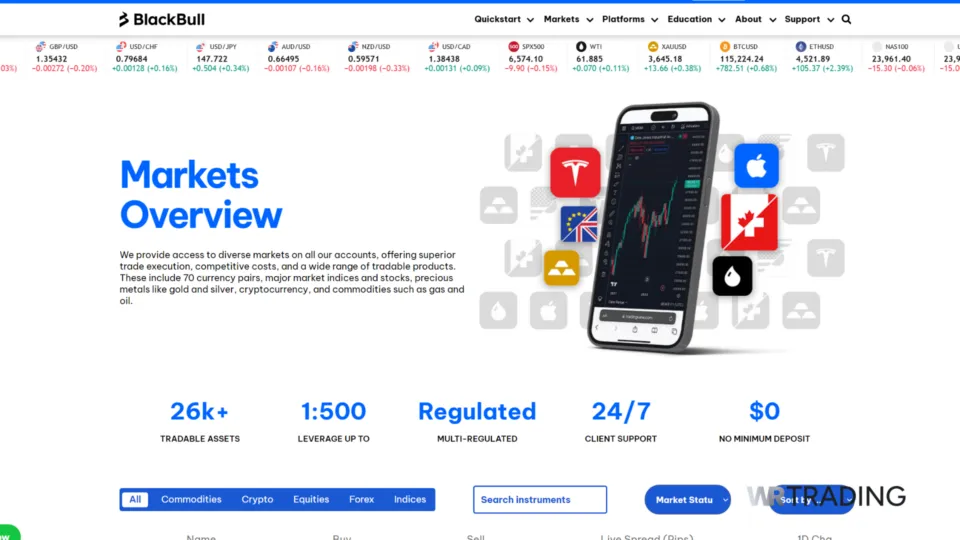
BlackBull is available on trading platforms such as MetaTrader 4, MetaTrader 5, BlackBull CopyTrader, BlackBull Invest, cTrader, and TradingView. It offers three types of accounts: ECN Prime, ECN Standard, and ECN Institutional. These three accounts offer competitive spreads from 0.1, a minimum trade size of 0.01 lots, and leverage up to 1:500.
FP Markets
FP Markets is a CFD broker that has been in operation since 2005. It has licenses from reputable organisations, which include:
- Cyprus Securities and Exchange Commission (CySEC)
- The Financial Sector Conduct Authority (FSCA)
- The Australian Securities and Investment Commission (ASIC)
- The Financial Services Authority (FSA)
- The European Securities and Markets Authority (ESMA)
FP Markets offers over 10,000 stocks, over 70 FX currency pairs, metals, commodities, bonds, and digital currencies. This broker provides traders and investors access to MetaTrader 4, MetaTrader 5, cTrader, WebTrader, and TradingView, which are available for Android and iPhone.
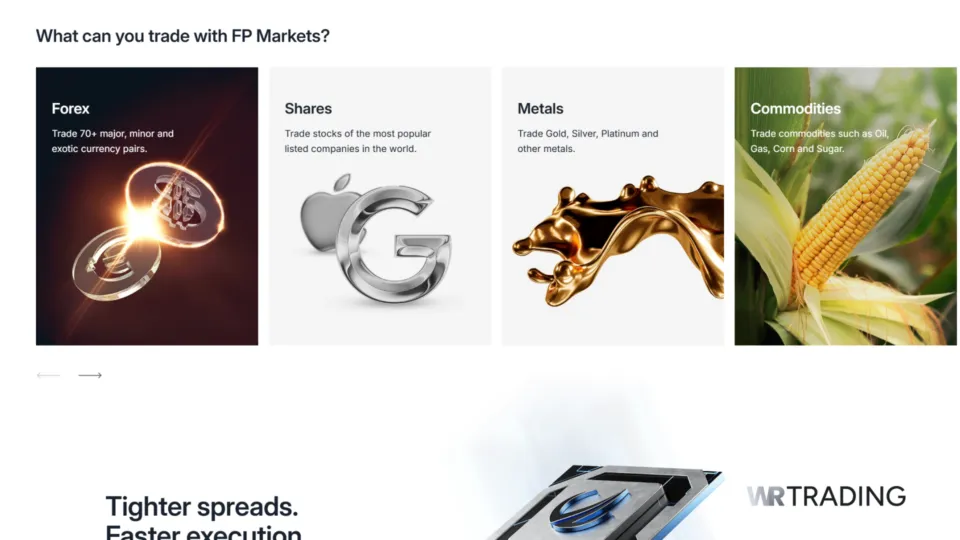
FP Markers offers competitive pricing and quick trade execution from its NY4 server facility. It allows the copy trading strategy to be used, enabling you to imitate the techniques of more successful traders. If you desire, you can use a personal account manager with this broker. To trade on an FP Markets live account, all you need is $100.
FP Markets offers many payment options, including e-wallets and bank cards. We observed that this No Dealing Desk broker has a decent amount of educational resources.
Conclusion
If you are a retail trader with limited market experience, a lower trading volume, and prefer fixed spreads, a dealing desk broker might be the optimal choice. At WR Trading, we prioritise helping traders pick the best brokers while enlightening them on the latest market trends. However, if you want a good No Dealing Desk broker, we recommend FP Markets or BlackBull.
Frequently Asked Questions on Dealing Desk Brokers (FAQ)
What is a Dealing Desk Broker?
A dealing desk broker (also known as a market maker) creates a market for traders by taking a position at the opposite end of their trades. It executes orders internally. Dealing desk brokers usually profit by providing liquidity and fixed spreads to traders.
Do Dealing Desk Brokers Manipulate Prices?
No. Regulated dealing desk brokers do not manipulate prices because they must follow strict rules and standards. However, unethical brokers usually tamper with prices. There might be a perception or speculation that brokers adjust spreads during high volatility periods.
How Do I Identify A Dealing Desk Broker?
You can identify a dealing desk broker by checking their official website. If you see terms like “fixed spreads,” “market maker,” or “dealing desk,” the broker likely follows a dealing desk model. If you don’t see such a thing, you should call the broker’s customer support channel to inquire.
Do All Dealing Desk Brokers Manipulate Prices?
No, not all dealing desk brokers engage in price manipulation. However, some do so by introducing artificial price spikes, widening the spread during periods of high volatility, and delaying trade executions.
Are My Funds Safe with a Dealing Desk Broker?
Yes, your funds are safe with any dealing desk broker regulated by a well-established financial authority. Regulated dealing desk brokers must meet specific standards and segregate client funds. Nevertheless, it is essential to pay attention to a broker’s reputation and reviews. At WR Trading, we have determined that FP Markets and BlackBull Markets are the best dealing desk brokers.


